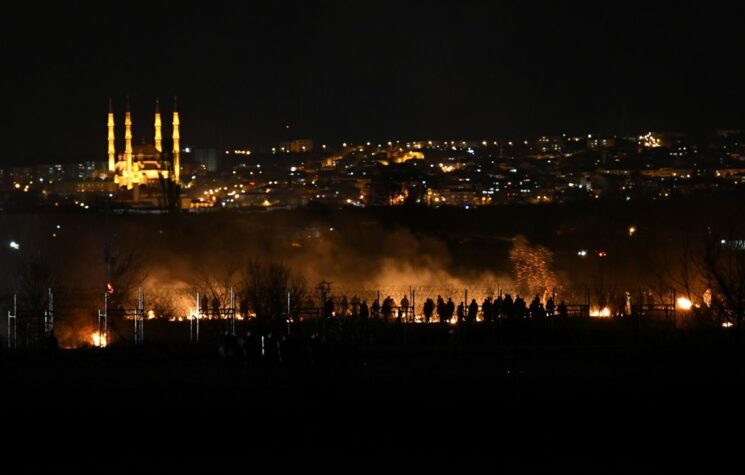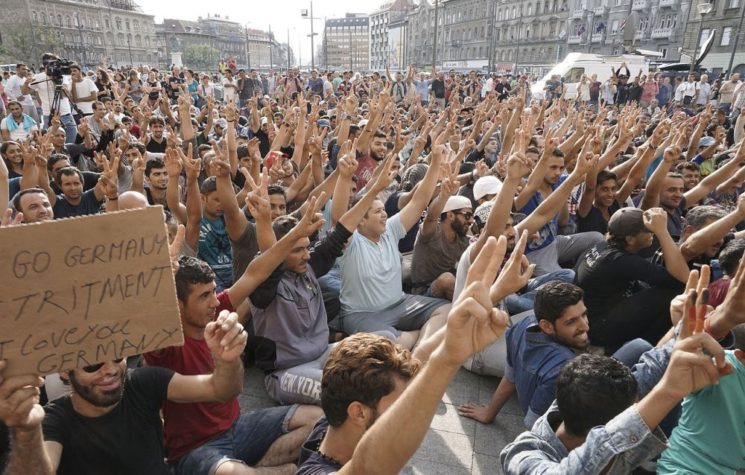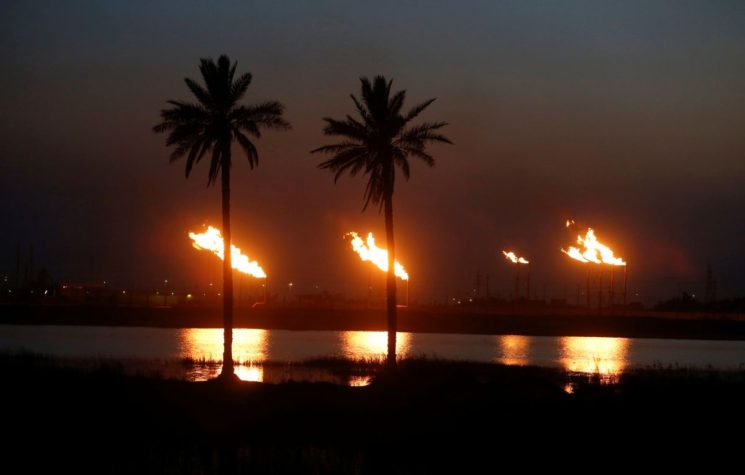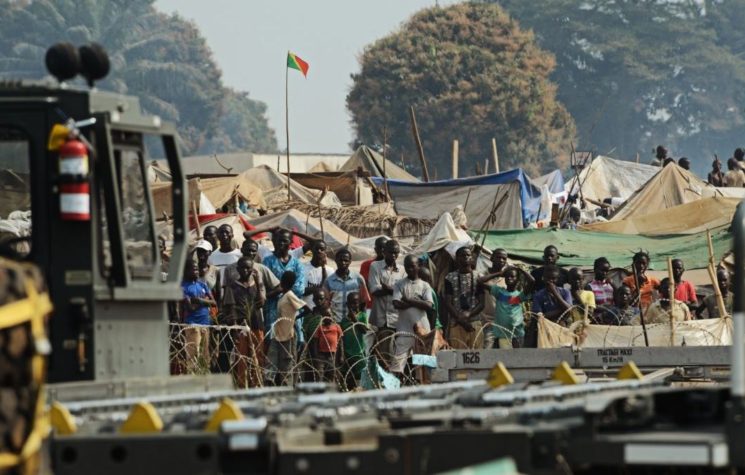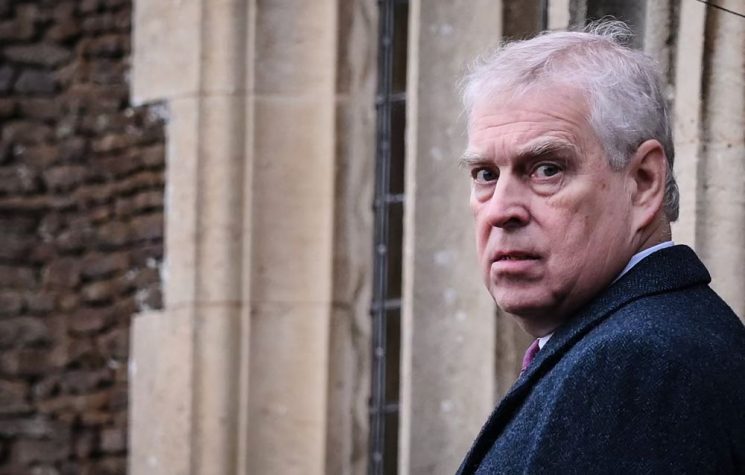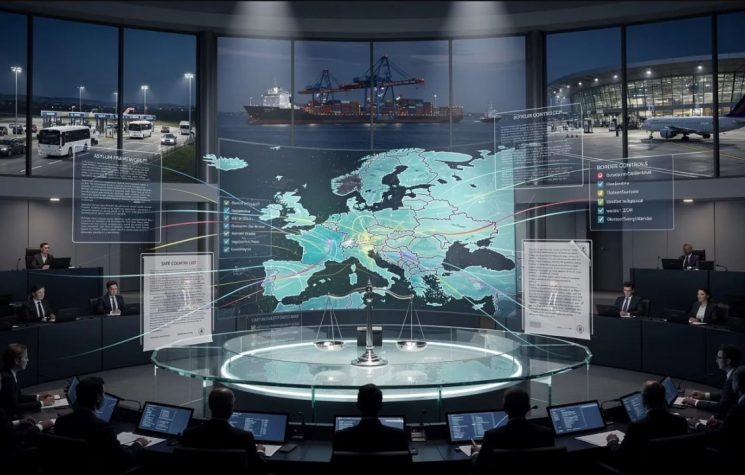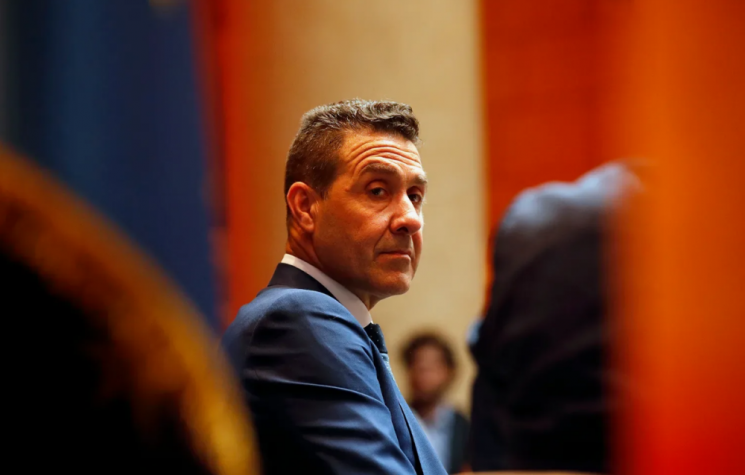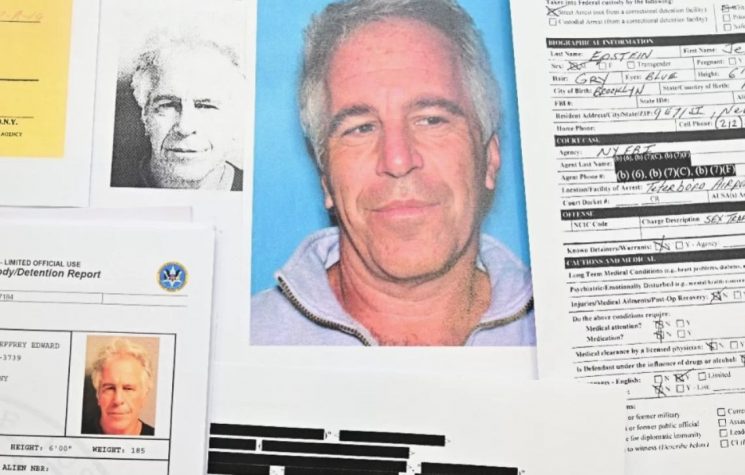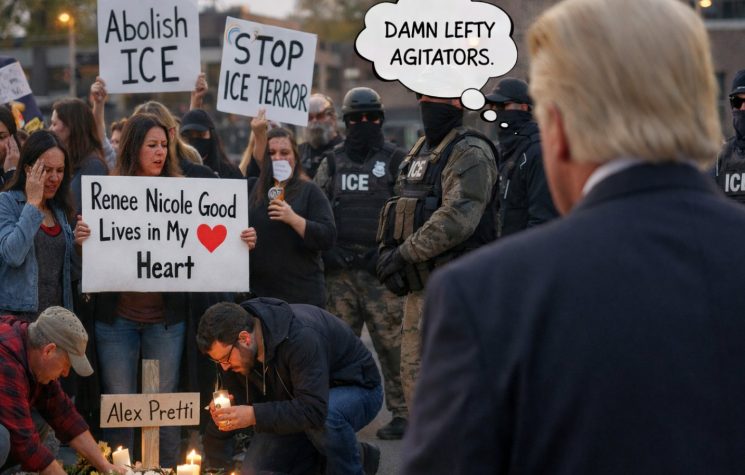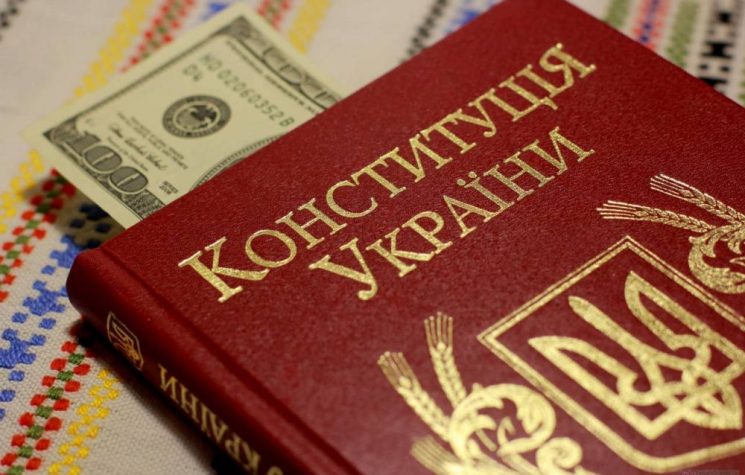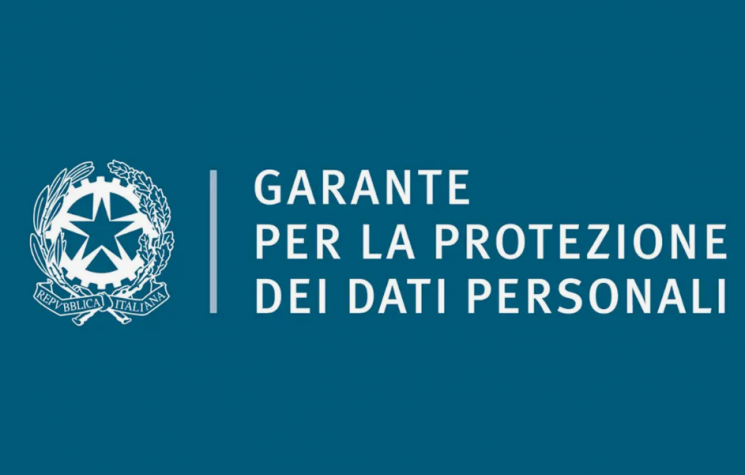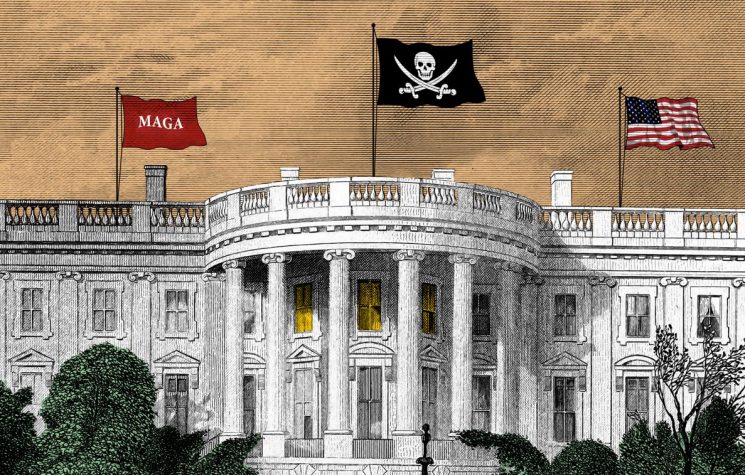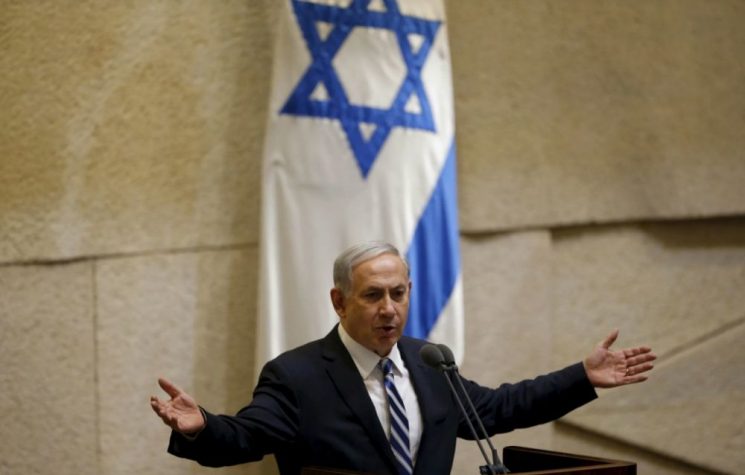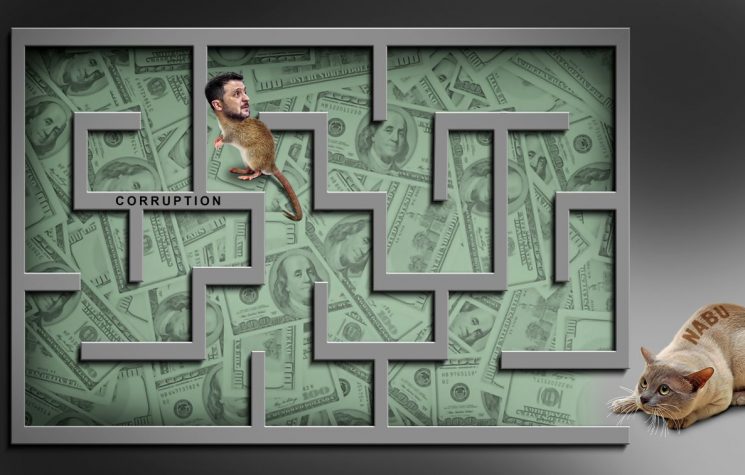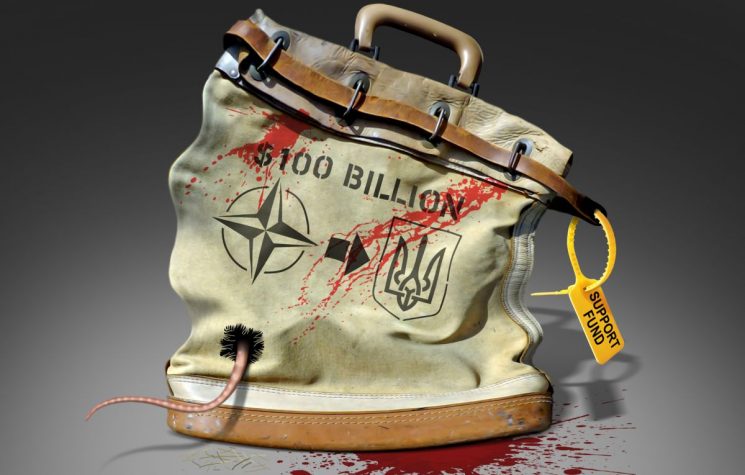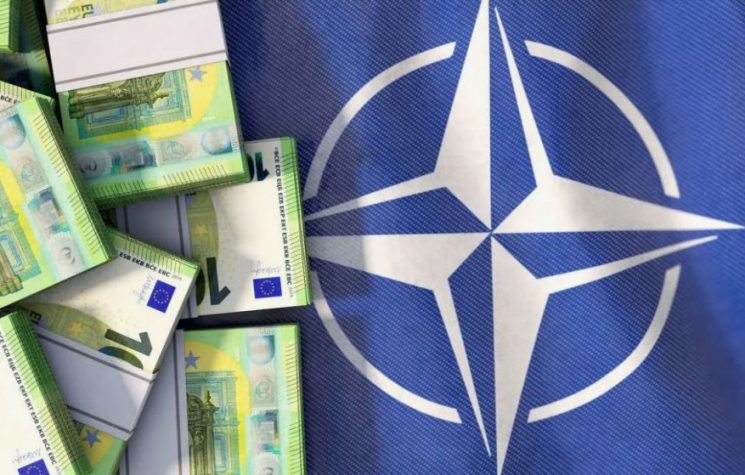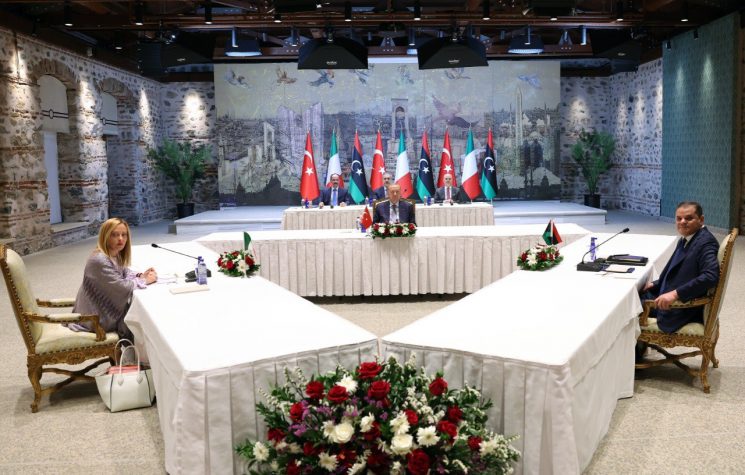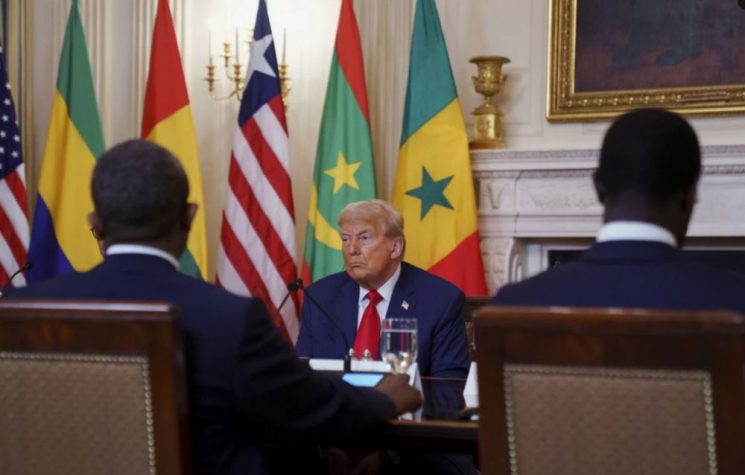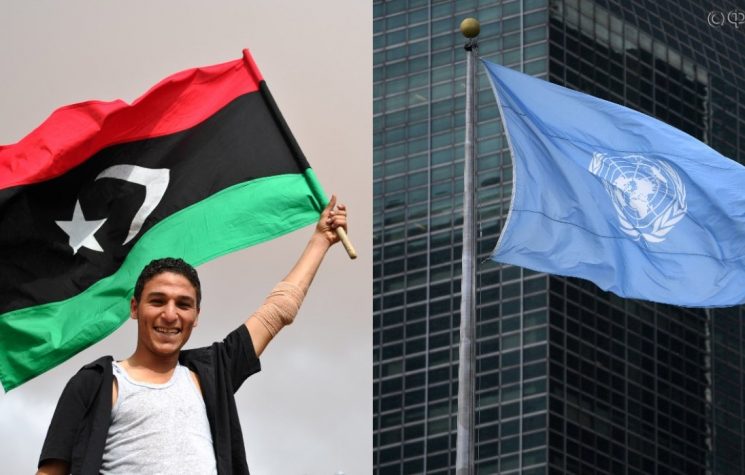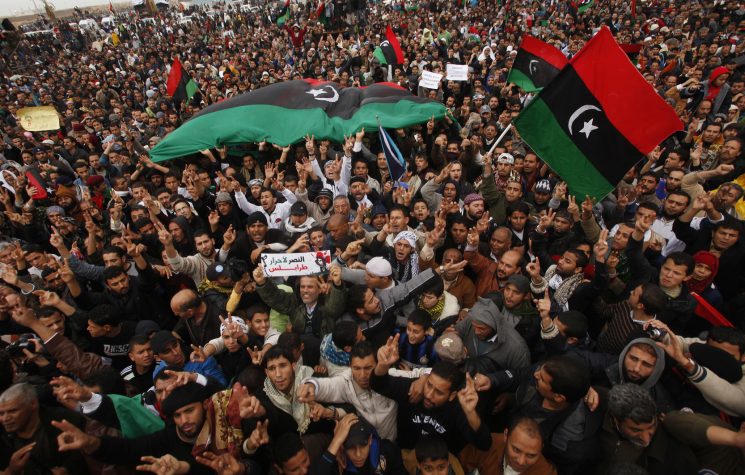To perceive refugees as a dissociated part of the wider narrative is a violation in itself, but who will hold the bloc politically accountable for delegating distasteful tasks to the Libyan coastguard?
In mid-July, Italy’s Chamber of Deputies approved renewing funding to the Libyan coastguard, despite non-governmental organisations urging the authorities to stop financing the failed state’s human trafficking network. Only a day earlier, Amnesty International released a report detailing the trafficking and violations occurring across Libya’s detention centres. European countries have downplayed the documented atrocities against migrants in Libya, preferring to focus on keeping the statistics down.
This week, a boat capsized just off Libya’s coast, with 57 African migrants now presumed dead, among them 20 women and two children. The International Organisation for Migration in Libya (IOM) recently established that almost 6,000 migrants were intercepted and returned to Libya this year so far. Migrants known to have perished in the Mediterranean this year number 970.
International interference in Libya since 2011 and the fall of Libyan leader Muammar Gaddafi has resulted in a country in which militias compete for territory and power. Vested UN and international interests in the country have exacerbated the humanitarian ramifications.
While the deals which the EU reached with the Libyan coastguard have been deemed controversial by human rights organisations, public sentiment in Europe veers towards pushback. Migration is played as a powerful card across the political spectrum, with both governments and the public fomenting racism and xenophobia. The result is widespread oblivion about the politics which created refugees and failed states.
With governments focused on statistics, reports such as the recent one by Amnesty International exist to inform only those who are already well-informed. Hence the absence of connecting capsized boats to deliberate damage inflicted by the Libyan coastguard to the vessels, resulting in deaths away from Europe’s shores. Neither is the complicity between Libya and European states made evident in terms of the EU financing abuses and torture in Libya’s detention camps. The rift between politics and non-governmental organisations, in the case of migrants, has been reduced to accusations of trafficking, whereas political culpability, which plays a major role in terms of funding the occurring atrocities, is kept out of focus.
In one instance in July this year, the Libyan coastguard was filmed firing at migrants in Malta’s Search and Rescue (SAR) area. The Libyan coastguard also attempted to ram the boat carrying migrants several times.
Researchers have established a link between European arms sales and increased displacement of people. The link between Italy’s funding of the Libyan coastguard and the interception of migrants was also included in the report.
Testimony published in Amnesty International’s report is chilling. “Death in Libya: it’s normal. No one will look for you and no one will find you,” states one quote by a 21 year old male refugee. The oblivion extends beyond Libya. With European governments intent on keeping migrants away from Europe’s shores, the bloc, which is purportedly concerned with human rights, finds it easier to neglect its obligations. No one in Libya would look for a refugee, and no one in Europe would, either, especially since the EU is paying Libya to do its dirty work.
Amnesty International called upon the EU to ensure accountability. However, accountability from within the same paradigm of exploitation will merely create new victims. The EU cheered in 2011 when the NATO coalition intervened in Libya for regime change under the guise of bringing democracy. One bloody consequence of the decision has been the increase in human trafficking of migrants, which the EU sought to quell through militarisation and surveillance, but never through addressing its wrongs. To perceive refugees as a dissociated part of the wider narrative is a violation in itself, but who will hold the bloc politically accountable for delegating distasteful tasks to the Libyan coastguard?








